

Dehydration, as it seems, isn't just another health issue. The not-so-convincing lifestyle today leads to a routine that can easily make the human body run out of its liquid content and there are various reasons for the same. Your skin, breath, and muscles show up the signals. So one should keep a check over certain lifestyle habits along with the diet to make sure you are hydrated and restricted from the severe consequences.
So, one should keep a check over certain lifestyle habits along with the diet to make sure you are hydrated and restricted from the severe consequences.
What is dehydration?
Starting with the basics, water makes up at least 2/3rd of the human body to help facilitate regular and day-to-day functioning. Skin vitality, joint lubrication, healthy eyes, proper digestion and elimination of the toxins are all possible when there is enough water in the body.
But in case, due to an inappropriate lifestyle, you get low on fluids and lack the necessary water in the body, so there appears to be an imbalance. This gradually starts affecting the way your body functions.
So dehydration is an infirmity where the human body loses some percentage of bodily water without making up with a replacement. Even if it's one or two percent from around 60%, there appears to be a degeneration. This can be life threating and may require immediate medical attention.
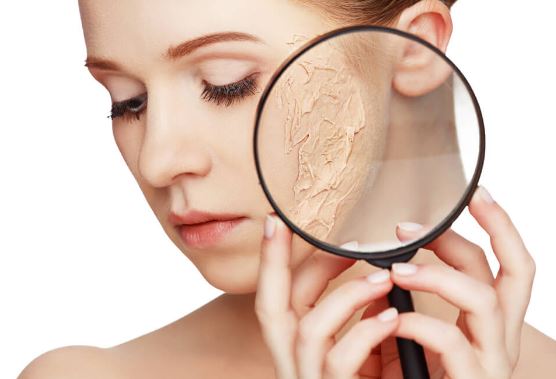
(Image Courtesy: Gym Junkie)
Symptoms that arise when you are dehydrated:
#1. Mild to Moderate Dehydration -
#2. In Severe Cases -
#3. Chronic Dehydration -
It may affect your organs leading to:
#4. Infants are more vulnerable to dehydration causing -
What other reasons can lead to dehydration?
Any ailment or activity that makes you lose the body water (directly or indirectly) may lead to dehydration. One must make sure to cover that loss within the next 24 hours. If that's not possible, you should seek medical help.
The diseases or activities include -
Who is more prone to a higher risk?
The human body is structured in such a way that it needs to maintain its water levels. So, in that case, anyone and everyone is at risk of suffering from dehydration.
But there needs to be particular attention paid towards people who engage in athletics, mountain biking, marathon and triathlon tournaments as they easily get affected. Infants and toddlers (with high water needs than adults), older adults (as their thirst mechanism starts to exhaust), alcoholics and the ones who are severely sick also have a chance of getting dehydrated.
According to research published by BBC News, one in every five senior citizens at the care homes are not getting enough water each day. Aging creates a lost sense of thirst along with minimal social contact and forgetfulness.
Tips to stay hydrated!
Practically, no one can initially determine how affected their body is. But only upon sweating profusely or feeling excessive thirst is when you should consider yourself to act! Immediately replenish the body. Just don't wait for severe symptoms to occur and take precautions beforehand.
#1. Time to drink!
Fat-free or skimmed milk, fruit & veggie smoothies, coconut water, fresh fruit juice along with hot or cold tea and coffee (if had in moderation) and sparkling water should be your best friend.
But the best out of these, keep a water bottle handy and keep sipping every hour. At times, we may not even realize the need for water or for staying hydrated, but there needs to be some reminder set until it’s too late!
In a research by Popkin (2010) published in NCBI Journal, people were analyzed to find that a dehydration-related headache got relieved from drinking water.
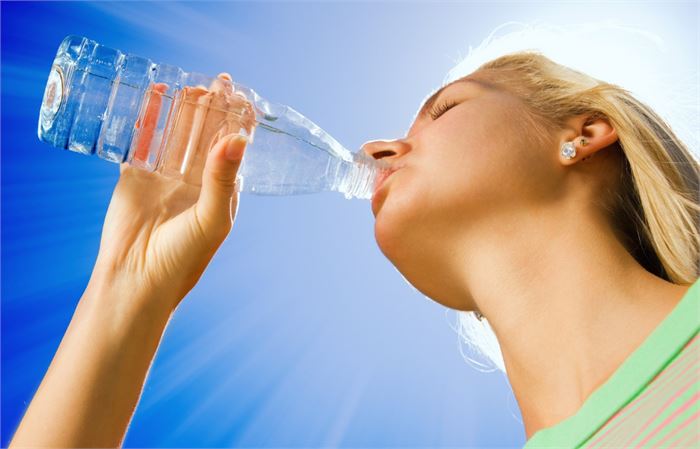
(Image Courtesy: thearklabs)
#2. Eat your water
Watermelon, celery, cucumbers, yogurt, iceberg lettuce, radish, tomatoes, strawberries, cauliflower, cantaloupe, spinach, broccoli, and oatmeal are amongst those highly fluid filling foods that you can eat to stay hydrated throughout the time.
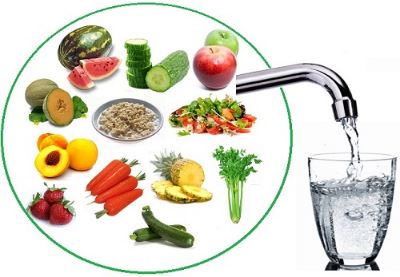
(Image Courtesy: Renewed Living)
#3. Compensate the sweat
Exercising is the time when we tend to dehydrate ourselves - either through improper eating or lesser fluid consumption. You are losing water when you break that sweat. Therefore, sipping more than sweating is the ultimate key!
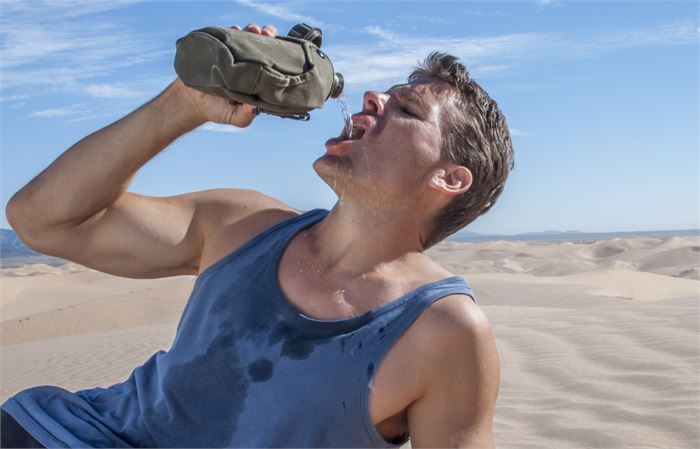
(Image Courtesy: fit life)
#4. No-No to sports drinks
Commercially sold juices and other drinks are everyday marketed in the media for greater replenishment. But least do we apprehend that these won't benefit but in fact damage the wellbeing.
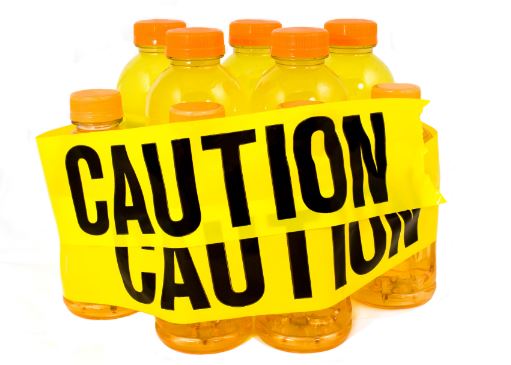
(Image Courtesy: Easy Health Options)
#5. Avoid
Prevent taking a high-protein diet. Ensure avoiding salt tablets. Avoid too much of alcohol. If you feel dizzy, avoid exercising outdoors or excessively. Do not stay low on fluids especially water which is your best hydrating source.
(Featured Image Courtesy: Quick care or ER)
As this article states, water can be "eaten," too. Fruits such as pears, watermelon, and even citric fruits--especially orange--to some extent, are really good. These fruits not only alleviate dehydration. They are also a very good source of vitamins and minerals. Similarly, one could consume electrolyte-filled liquids to ease dehydration. However, be careful while choosing energy drinks. Don't drink things like red bull. Consume Gatorade, or simply mix electrolytes with water.
Tender coconut is also a great drink. It is very nutritious. You can add glucose to tender coconut if you're very dehydrated.